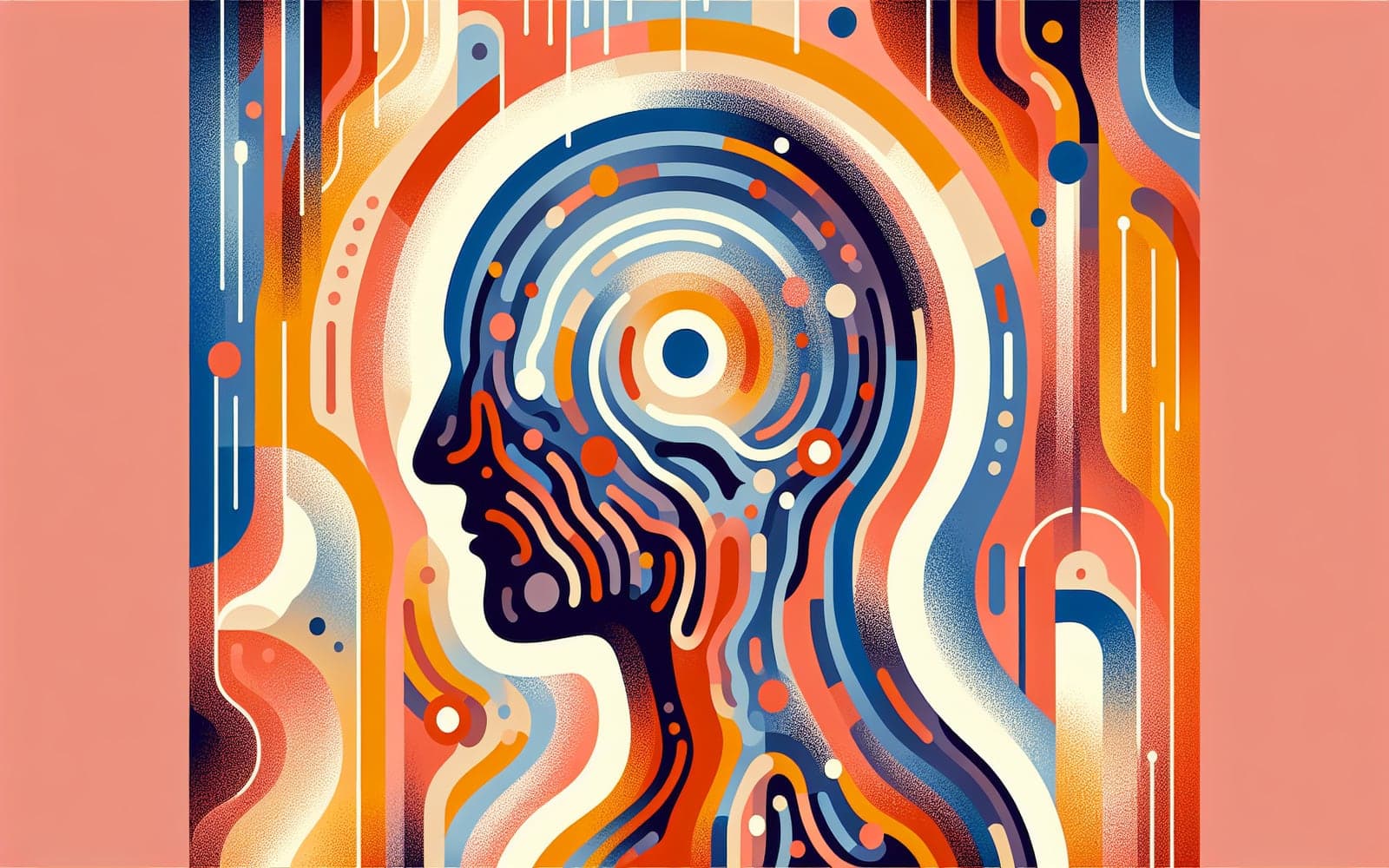Is It a Seizure or Something Else? Understanding Neurological Symptoms
Published: Apr 08, 2024

Medically reviewed by Oghenefejiro Okifo | MD, Harvard Medical School | Henry Ford Hospital - Detroit, MI on April 8th, 2024.
Sudden neurological symptoms can be confusing and frightening. This article helps you understand the different potential causes of these symptoms.
Contents
Seizures: The Basics
Seizures occur when there's abnormal electrical activity in the brain, leading to temporary signs and symptoms. They can range from brief lapses in attention to full-blown convulsions. Seizures can be focal, affecting only one part of the brain, or generalized, affecting the entire brain. Understanding these differences is crucial for proper diagnosis and treatment.
Migraine Auras: More Than Just Headaches
Migraine auras are sensory disturbances that often precede a migraine headache. They can include visual phenomena like seeing flashes of light, as well as sensory changes like tingling. Unlike seizures, migraine auras progress slowly and resolve completely. Recognizing these symptoms can help differentiate migraines from other neurological disorders.

The Role of Syncope
Syncope involves a sudden, temporary loss of consciousness due to decreased blood flow to the brain. It's different from seizures as it usually results from a trigger like standing up too quickly. Understanding syncope is essential for distinguishing it from other conditions with similar symptoms.
Frequently Asked Questions
Seizures can be triggered by factors like stress, sleep deprivation, or flashing lights.
Migraine auras are sensory disturbances that resolve completely, while seizures involve abnormal brain activity.
Syncope is often caused by a sudden drop in blood pressure or heart rate.
Yes, frequent syncope should be evaluated by a healthcare professional.
Key Takeaways
Recognizing and understanding these neurological symptoms can lead to better management and treatment.
Think you might be experiencing these symptoms? Chat with Doctronic, the AI doctor, for more insights!Related Articles
References
Caplan LR. Transient ischemic attack: definition and natural history. Curr Atheroscler Rep 2006; 8:276.
MONTGOMERY BM, PINNER CA. TRANSIENT HYPOGLYCEMIC HEMIPLEGIA. Arch Intern Med 1964; 114:680.
This article has been reviewed for accuracy by one of the licensed medical doctors working for Doctronic. Always discuss health information with your healthcare provider.

